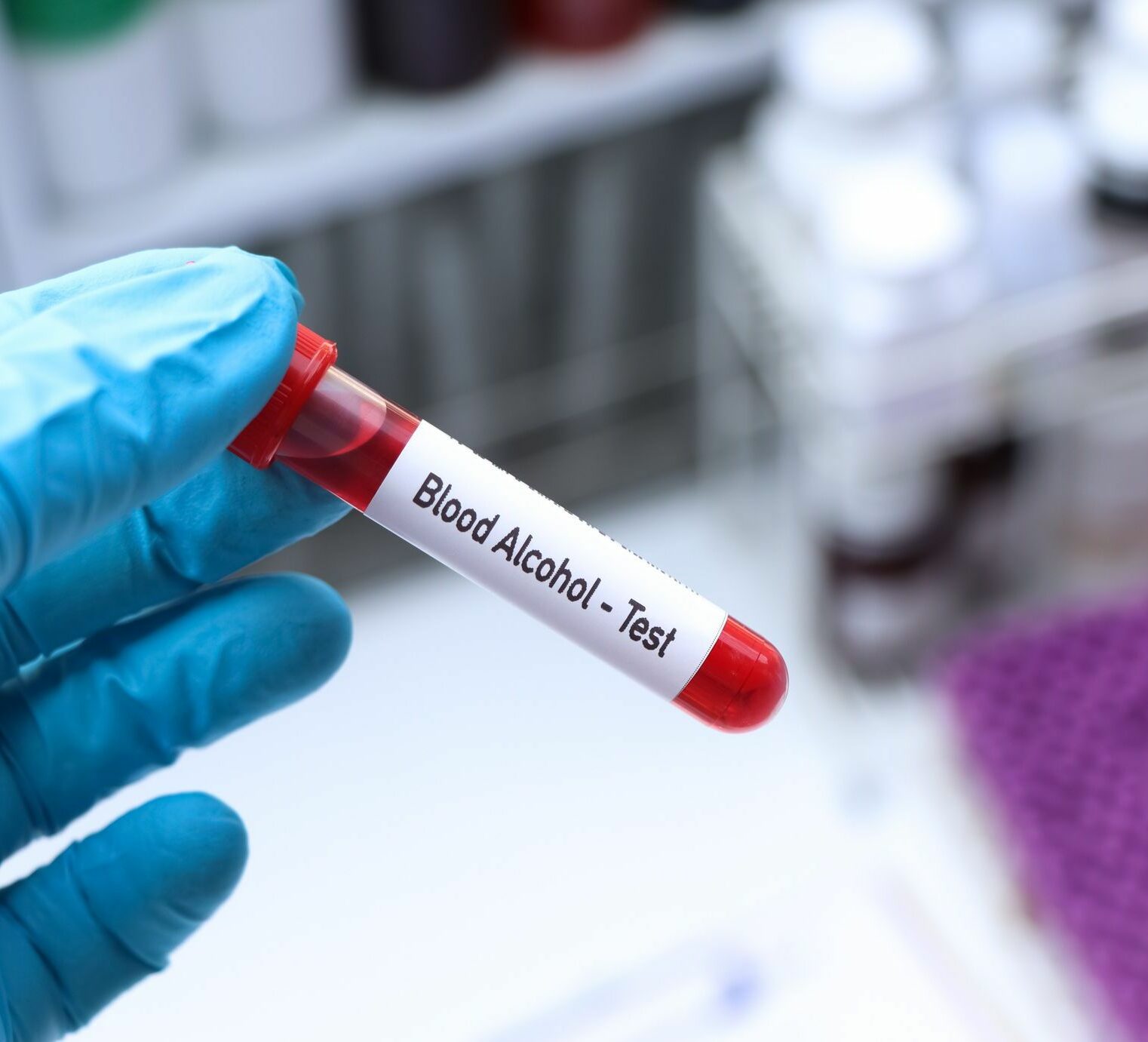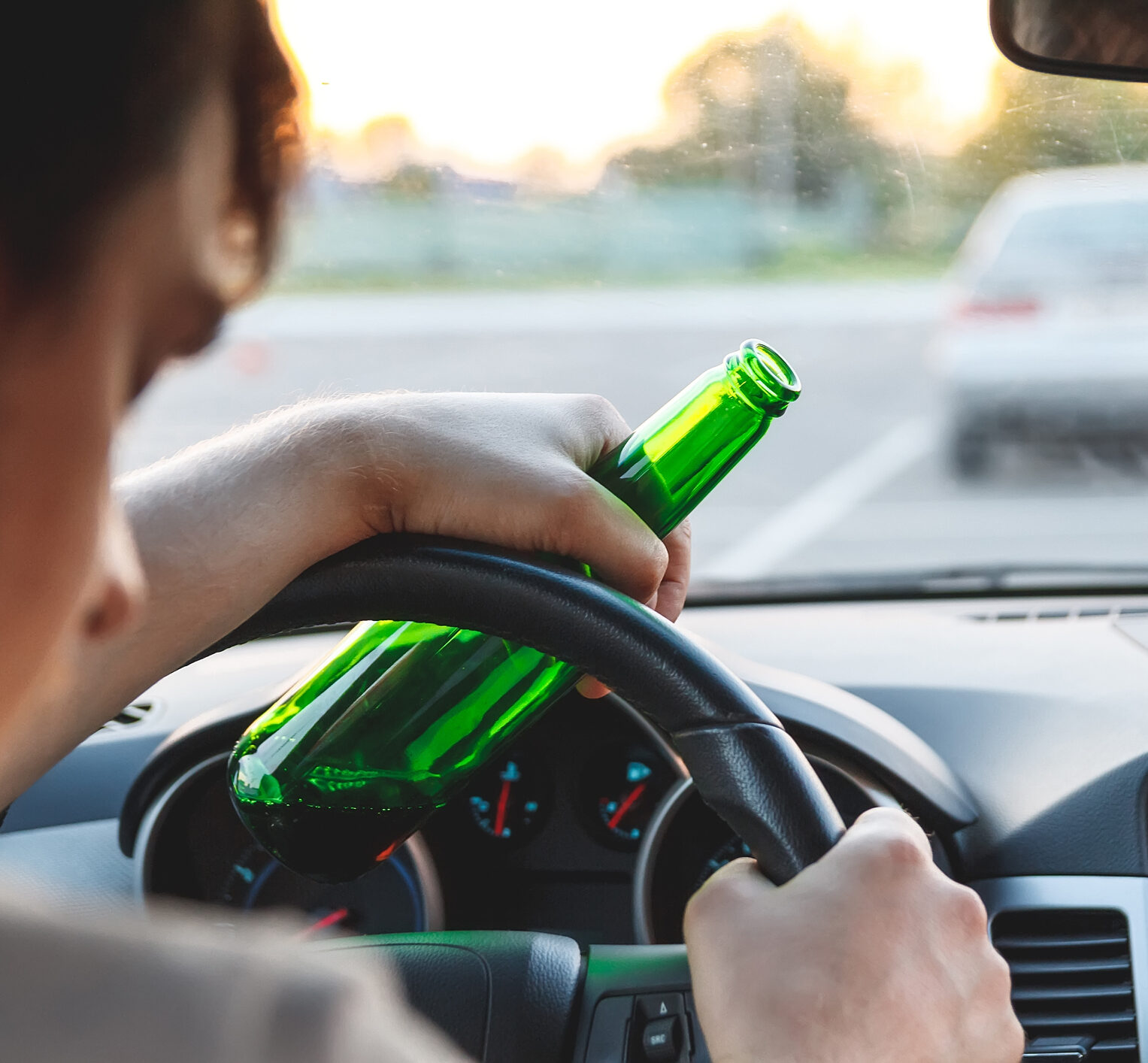
20+
years of experience

100+
5-star reviews

100%
criminal defense
Driving while impaired is an offense severely punished in North Carolina. Being charged with a DWI can mean facing harsh fines, license suspension, and even jail time. If you were arrested for allegedly breaking NC DWI laws, you need representation from experienced lawyers who can fight for your rights.
Hiltzheimer North Carolina DWI Defense Lawyer
At Hiltzheimer Law Officer, you can get trusted legal guidance from a DWI defense lawyer in North Carolina who understands what a conviction will mean for all aspects of your life. We know it can result in the loss of your job, your driver’s license, the respect of your community, and even your freedom.
Our DWI lawyers in North Carolina can fight to protect your future by building a robust defense and offering the individualized assistance you deserve.

What Is DWI Defense NCGS § 20-138.1 in North Carolina?
State law forbids anyone from operating a vehicle on a public road or area when “appreciably impaired” by drugs or alcohol, or with an alcohol concentration of 0.08 or higher. DWI laws in North Carolina can apply to any impairing substance, even prescription medications. The car doesn’t even have to be moving for you to be charged with a DWI. Simply having physical control of the vehicle while impaired can get you arrested – even if you’re sleeping in the car.
Keep in mind that having a blood alcohol concentration (BAC) level higher than the limit is considered being intoxicated, and as a matter of law it doesn’t matter whether you appear sober or not. Police officers can charge you just based on your blood alcohol content even if you didn’t behave erratically, if they otherwise have probable cause for your arrest.
Driving privileges in North Carolina come with what is known as implied consent. This means that you consent to chemical tests when a police officer arrests you on probable cause of impaired driving. You still have the right to refuse to take field sobriety tests, or a roadside breathalyzer, but if the officer continues to suspect you may be impaired, they can arrest you.
Once you’ve been arrested, you may be asked to a chemical test – either a breathalyzer or blood test. Although you can still refuse them, you will generally have an immediate 30-day license suspension and face an additional one-year suspension for refusing a blood or breath test after your arrest. If you refuse, the officer will typically obtain a warrant for your blood, so you end up facing the consequences of a refusal and the state has your blood result anyway. Additionally, the fact of your refusal may be used as evidence against you at trial.
Blood Alcohol Content (BAC) Limits
of 0.08% or higher, which is the standard throughout the country. If you’re driving a commercial vehicle, your BAC limit is 0.04%. You can still get charged with a DWI, however, even if your BAC was below the legal limit. All that the law enforcement officer has to show is that you were appreciably impaired and you may face a DWI charge, even if there is no breathalyzer or blood alcohol result.
If you are charged with a DWI, it is especially important to hire a skilled DWI defense attorney who is familiar with the wide range of issues that occur only in DWI cases. Our DWI attorneys have a track record of successfully fighting DWI cases at trial. While there is never a guarantee of any particular outcome in a given case, our lawyers are never afraid to fight a DWI at trial.

DWI Penalties and Sentencing
A DWI conviction is always serious, and the level of severity will depend on a number of factors. It’s important to keep in mind that laws on DWI allow for both aggravating and mitigating factors that the judge will consider.
Grossly aggravating factors include:
- Being a repeat offender with a prior conviction within the last 7 years
- Driving with a suspended license that was revoked due to a prior DWI
- Transporting children under 18
- Transporting someone with a physical disability
- Causing serious injury
The presence of these factors can significantly affect the severity of your charges if you are convicted of a DWI.
Additionally, aggravating factors include:
- Driving recklessly
- Having a BAC of 0.15% or more
- Passing a stopped school bus
- Causing an accident
- Speeding
- Fleeing or eluding police officers
- Having a prior DWI conviction outside of 7 years
Mitigating factors may be shown to outweigh aggravating factors, which can reduce the severity of a sentence.
Mitigating factors include:
- BAC of 0.09% or less
- Clean driving record
- Slight impairment, but no chemical test
- Impairment caused by legally prescribed medication, taken appropriately
- Completed alcohol assessment and alcohol and drug treatment before sentencing
- Safe driving at the time of the offense, other than impairment
Judges have broad discretion when considering how to balance mitigating and aggravating factors, which is another reason having a skilled DWI attorney at your side is critically important as you navigate the court process.
NC DWI Sentencing Structure
There are several DWI sentencing levels in North Carolina. For a comprehensive guide to DWI sentencing under North Carolina law, see our DWI Sentencing Guide.
The least serious misdemeanor DWI is a Level 5. It carries penalties of up to $200 in fines, a one-year license suspension, a minimum of either 24 hours in jail or 24 hours of community service, and a maximum jail sentence of 60 days.
A Level 4 DWI conviction can earn you a fine of up to $500 and a minimum sentence of either 48 hours in jail or 48 hours of community service. The maximum imprisonment you could receive is 120 days. The judge can impose other restrictions, such as alcohol monitoring.
Level 3 DWI convictions have fines as high as $1,000 and carry a minimum of 72 hours of either community service or jail. The maximum jail sentence is six months.
If there are grossly aggravating factors present, they can earn you a Level 1 or 2 conviction. A single grossly aggravating factor will elevate your sentencing category to a Level 2, which carries up to $2,000 in fines and jail time that ranges from seven days to a year.
A Level 1 DWI sentence will result from two grossly aggravating factors or having a minor in the car at the time of the offense. Level 1 DWI judgments can carry fines of up to $4,000 and jail time ranging from 30 days to two years. With a skilled DWI attorney, it is possible to reduce even a mandatory jail sentence.
The most serious DWI conviction is Aggravated Level 1. If you are convicted of a DWI with three or more grossly aggravating factors, you will be sentenced at an Aggravated Level 1. You could then face fines of up to $10,000 and one to three years of jail time.
You can also be charged with habitual impaired driving, which is a Class F felony, if you have been convicted of three or more impaired driving offenses within 10 years.
A criminal defense attorney can help you understand the DWI charges you’re facing, can help you defend your DWI charge at trial, and if you are convicted, can advocate on your behalf for the most lenient sentence possible.
Administrative Penalties and License Consequences
The moment you’re arrested, in nearly every case you will face losing your driving privilege for 30 days in what is known as a civil revocation. Depending on your circumstances, you may be eligible for a Limited Driving Privilege after 10 days. In some cases, you may have the option to fight the initial suspension through a hearing with a magistrate or district court judge. If you have a CDL, the initial 30-day civil revocation will trigger a one-year suspension of your CDL, unless you file a request for a hearing and fight it immediately – within the first 10 days.
If you’re convicted, however, the license suspension can be even longer, depending on the level of offense. For a first offense, you lose the license for one year, while a second offense can leave you without a license for four years if the second offense occurs within three years of the previous one. After a third offense, your license can be revoked permanently.
Before you’re able to get your license reinstated with the DMV, you’ll need to complete an alcohol assessment along with any recommended treatment.
In some cases, if convicted of the DWI, you may be required to have an Ignition Interlock Device (breathalyzer) installed in your car prior to obtaining a Limited Driving Privilege or prior to reinstatement with the DMV.
When you’re charged with a DWI, your vehicle can also seized if certain criteria are met, which can cause additional hardship. A skilled DWI lawyer may be able to argue that the seizure was unlawful or otherwise argue for the release of the vehicle before the case is resolved.
Underage DWI Laws in NC
Under DUI law in NC, people under the age of 21 are prohibited from drinking and operating a motor vehicle. If a police officer stops them and their BAC is anything above 0.00%, they can immediately lose their license for 30 days. This is because North Carolina has a zero-tolerance law for underage drinking and driving.
If the underage driver has a BAC over the legal limit or is found to be appreciably impaired, they can also be charged with a DWI. Driving After Consuming While Under 21 is a Class 2 misdemeanor, but underaged individuals can also face a full DWI in addition to the lesser charge of Driving After Consuming.


Getting Professional Help From an NC DWI Attorney
If you’re facing a DWI charge, it’s essential that you consult experienced lawyers who can guide you through the justice system. At Hiltzheimer Law Office, our team can evaluate all of the evidence against you, including the legal basis for the initial traffic stop, the basis for your arrest, constitutional issues, and a multitude of other complex legal issues that are unique to DWI cases under North Carolina law.
When you choose us, you can rest assured that we’ll put all of our dedication toward protecting your future. Contact us to schedule a consultation today.
Frequently Asked Questions
North Carolina does not make a distinction between a DUI and a DWI. In some states there are multiple levels of impaired driving offenses (e.g. DWI, DUI, OUI, OWI, etc.), but in North Carolina there is only the single impaired driving offense of Driving While Impaired, or DWI.
North Carolina law doesn’t require a mandatory jail term for a first-time DWI, but the judge has discretion based on your case’s specific circumstances. The judge will look at both mitigating and aggravating factors to decide. A skilled DWI lawyer can help keep you out of jail if you are ultimately convicted of a DWI.
Yes, in most cases your license is immediately suspended when you’re charged with a DUI. With the help of DWI defense attorneys, it’s possible to reinstate your driving privileges while your case is looked into. This needs to happen quickly after the charge, however, so don’t waste any time reaching out to our team.
A DWI and a DUI are the same charges in North Carolina, both legally classified as a DWI. A DWI is a serious offense that can leave you facing fines, jail time, and license suspension.

Contact Us Today
Get your free consultation.

Call or Text: (919) 899-9404

Durham Office:
331 W Main St #604 Durham, NC 27701

Raleigh Office:
19 W Hargett St #508 Raleigh, NC 27601

Chapel Hill Office:
605 W Main St #206E, Carrboro, NC 27510

